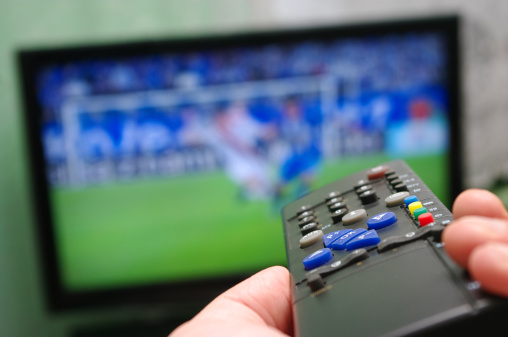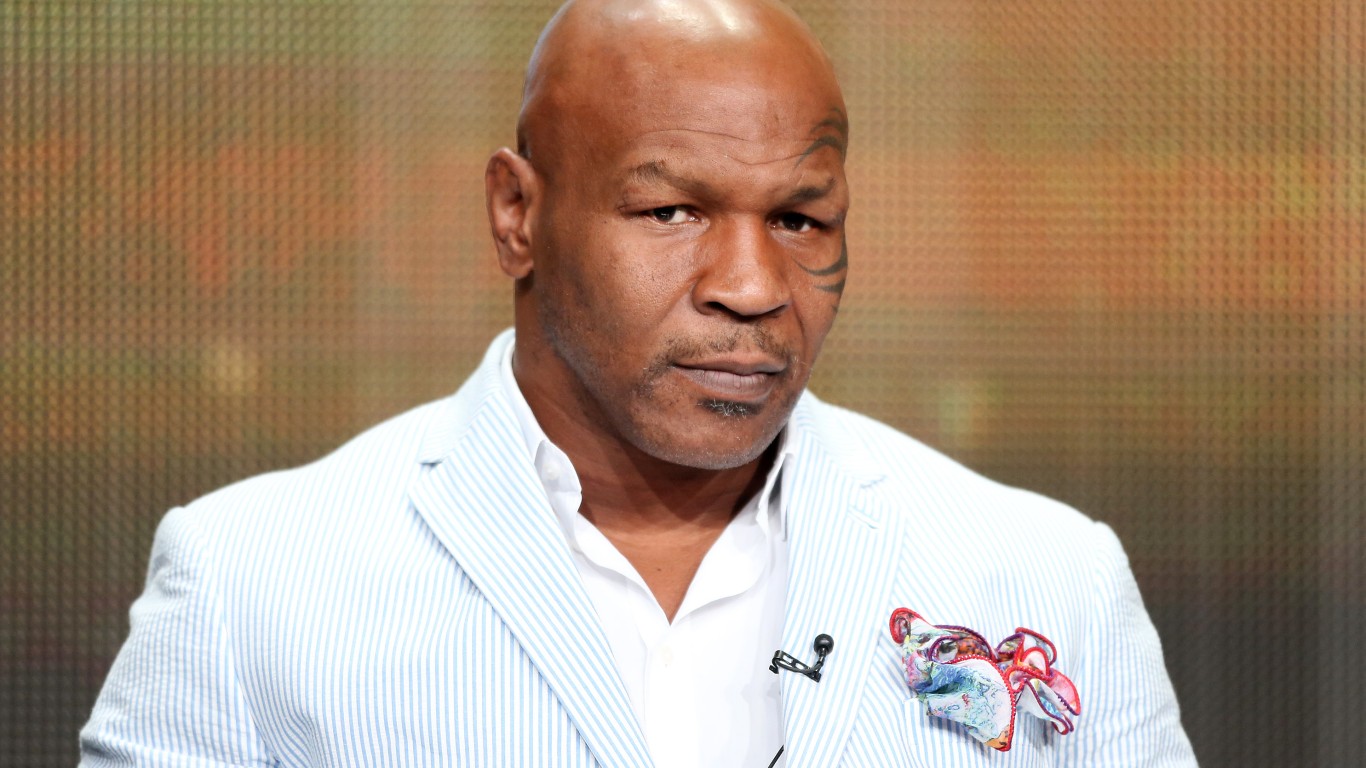
Reliability and cost are the major areas of customer concerns about cable and satellite TV providers and, according to the FCC report, basic cable package prices were up 6.5% through 2012, four times the inflation rate of 1.6% in the same period. Expanded basic performs a bit better, only three times higher at 5.1%.
The 2012 ACSI index score of 66 for pay TV services noted:
While the range of [pay TV] services is larger than ever, both reliability and cost are areas of concern for many consumers, especially as sales promotions end for newly acquired customers and prices revert to higher levels. Improving service reliability—while simultaneously refraining from price increases—will continue to challenge subscription TV providers in an economy where the monthly cost of these services sometimes rivals that of energy utilities.
A more interesting if somewhat counterintuitive finding in the FCC study is that in markets where there are two or more cable companies, prices have grown even faster since 2009. For the 12 months ending in January 2013, subscribers living in a community with just a single cable provider paid an average of $63.03 for expanded basic cable service, a rise of 4.6%. For subscribers living in competitive communities, the expanded basic service cost $6.14, a rise of 5.8%.
As the merger between Comcast Corp. (NASDAQ: CMCSA) and Time Warner Cable Inc. (NYSE: TWC) marches toward its almost inevitable approval, the two companies will argue that their tie-up will not affect competition because there is already competition in the market. And the reported acquisition of DirecTV (NASDAQ: DTV) by AT&T Inc. (NYSE: T) as a counterweight to the Comcast-Time Warner deal will also be held out as a sign that competition will not be stifled.
Don’t believe it. Two giant companies have no reason to compete, and the FCC study underlines that fact.
ALSO READ: Companies With the Best (and Worst) Reputations
Thank you for reading! Have some feedback for us?
Contact the 24/7 Wall St. editorial team.


